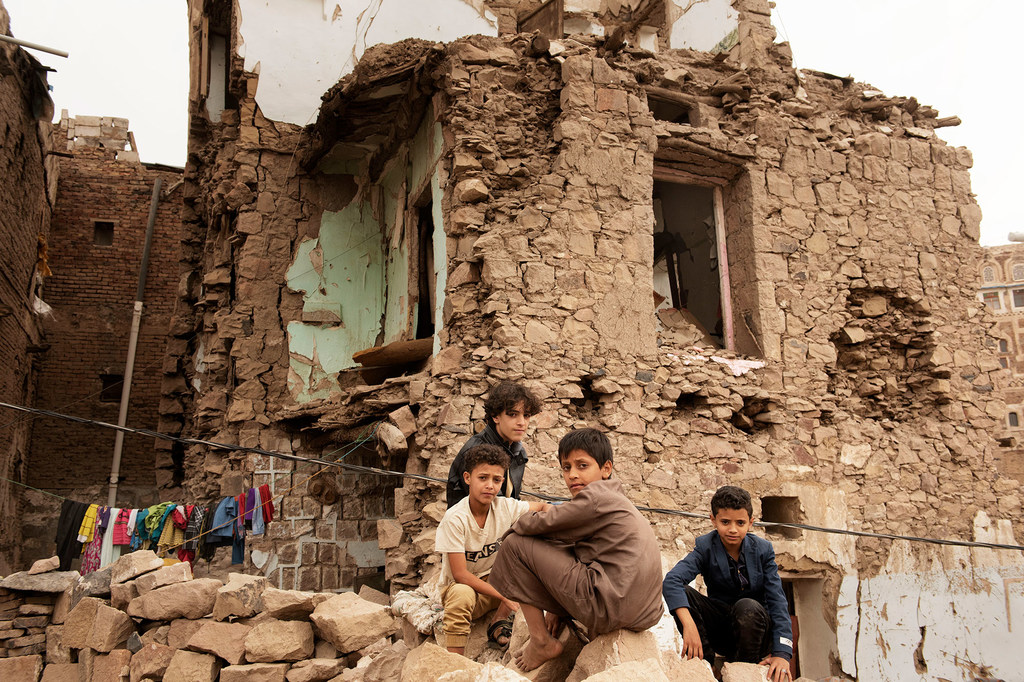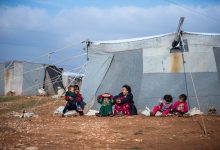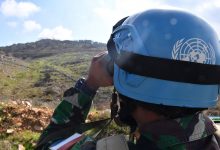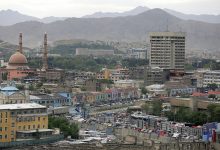UN rights office warns over violent escalation in Yemen and beyond
 Escalating conflict in Yemen has seen an alarming number of air and drone strikes already this year, notably against civilians and non-military targets, the UN rights office, OHCHR, said on Tuesday.
Escalating conflict in Yemen has seen an alarming number of air and drone strikes already this year, notably against civilians and non-military targets, the UN rights office, OHCHR, said on Tuesday.
“We are deeply concerned by the continuing escalation of the conflict in Yemen. Overnight, air strikes by the Saudi-led coalition on the capital, Sana’a, are reported to have left at least five civilians dead,” said OHCHR spokesperson Ravina Shamdasani.
“According to preliminary information, those killed were five members of the same family, including two women and a child, when a house was hit in Ma’in district of the city at around 9.25pm.”
The air attacks on Yemen’s capital city followed missile and drone strikes on coalition partner the United Arab Emirates targets on Monday. Claimed by Ansar Allah rebel forces – more commonly known as Houthis – the attacks hit Abu Dhabi’s International airport and a nearby industrial area, reportedly leaving three civilians dead.
The Secretary-General António Guterres, issued a statement expressing his concern and deplored the coalition’s airstrikes in Sana’a.
“He reminds all parties of their obligations under international humanitarian law to protect civilians, adhering to the principles of proportionality, distinction and precaution”, said the UN Spokesperson’s Office.
“The Secretary-General again calls upon all parties to exercise maximum restraint and prevent further escalation and intensification of the conflict. He reiterates his calls on the parties to engage constructively and without preconditions with Special Envoy Grundberg’s mediation efforts to advance the political process to reach a comprehensive negotiated settlement to end the conflict in Yemen.”
Expanding war zone
Latest data from OHCHR indicates that the level of violence this month could soon surpass that witnessed in December, judging by the number of airstrikes, drones and rockets employed by all sides to the long-running war.
“Figures collected by our office indicate that, so far in January, there were 839 airstrikes by the Saudi-led coalition, compared with 1,074 for the whole of December,” explained Ms. Shamdasani, speaking in Geneva.
“There were some 16 drone strikes, and 12 ballistic missiles and three other projectiles fired by Ansar Allah forces towards Saudi territory in December. To date in January, reports indicate there have been 10 drone strikes towards Saudi Arabia.”
In a statement on Monday, UN Secretary-General António Guterres, condemned the violent escalation and stressed that attacks on civilians and civilian infrastructure are prohibited by international humanitarian law.
Retaliatory attacks
Ms. Shamdasani explained that the year’s hostilities began with a large counter-offensive by Government forces against Houthis in Shabwah Governorate to the south-west of oil-rich Marib.
The fighting is now pushing further into Marib and Al Baydah Governorates, the OHCHR spokesperson said, with “dozens of airstrikes and artillery strikes launched by the parties with seemingly little regard for civilians” in recent days.
“On 13 January, airstrikes by the Saudi-led coalition injured four civilians and partially damaged the emergency and in-patient departments of a hospital in Al Sawad area, Sanhan district, in Sana’a Governorate”, Ms. Shamdasani continued. “It was reported that the airstrikes targeted a military camp, which is located close to the hospital.”
Civilians are not a target
All parties must ensure the protection of civilians and civilian objects, in line with their obligations under international law, the OHCHR spokesperson insisted.
“Parties to the conflict must take all feasible measure to verify that targets are indeed military objectives and suspend an attack if it becomes apparent that the target is not a military objective or that the attack would be disproportionate. Failure to respect the principles of distinction and proportionality could amount to war crimes.”



